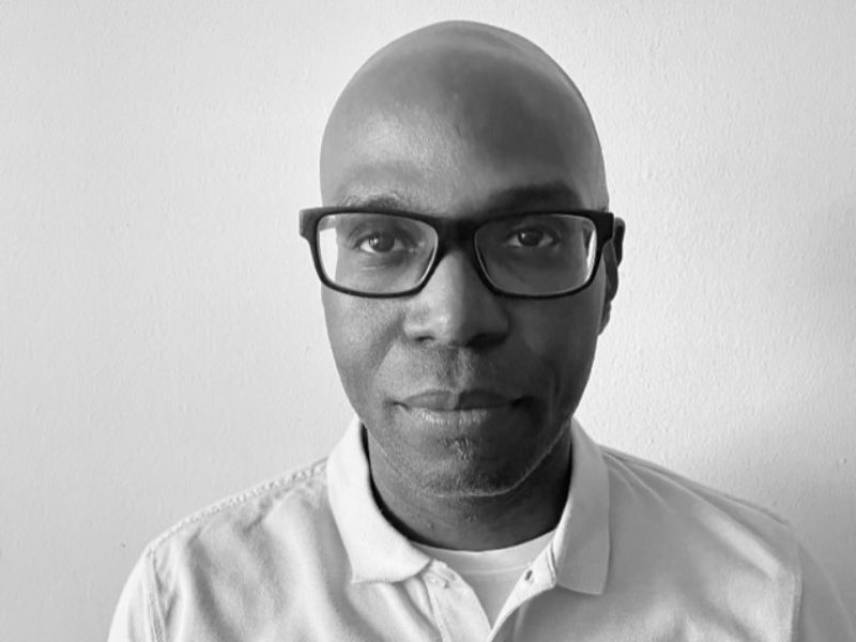Student Spotlight: Brian Charles (MHA 2023)
What motivated you to attend the Wagner School of Public Service?
I felt that I was at a point in my career where I needed to broaden my knowledge of the healthcare industry if I was going to be competitive professionally. I believed that the online MHA curriculum at NYU Wagner would provide me with the advanced leadership and business decision-making skills needed to affect, and transform, the way we provide healthcare. Additionally, the program provided many avenues for shaping and sharpening my skills and provided an opportunity to learn from faculty with real-life experiences in healthcare.
How has the MHA program enhanced your understanding of the health field?
More than anything, my genuine passion is leadership. Firms are always looking for top talent, but I think one lost art in leadership is the ability to harvest and nurture talent. Nobody wants to invest time and resources into people. Firms are always looking for what they can get from individuals. I believe in nurturing talent and growing people – that is, people that may not fit a preconceived mold. The management courses in this program have helped me envision why this is so important. Everyone talks about diversity, equity, and inclusion (DEI), which has proven financially beneficial, but many of the top firms still lag in creating a diverse workplace. Another area I had very little knowledge about was the impact of government policy on the industry. I knew that there were laws that governed healthcare but were ignorant of how consequential non-compliance with these laws can be. Furthermore, the role of health executives in navigating the complex regulatory environment is crucial to an organization’s financial well-being. Additionally, my knowledge of disciplines like healthcare economics, strategic thinking, and entrepreneurship in healthcare, has grown immensely.
You’re currently with Montefiore Health System. Can you share a bit about your responsibilities, any exciting and/or challenging endeavors, and how the role supports the larger health ecosystem?
I recently started a new position at the organization with client services as an engagement manager. The position requires a lot of interaction between the central billing office and the departments within the hospital. This position, at its core, requires strategic thinking and problem-solving skills, so a lot of what I have learned will be very beneficial in the coming months. It’s like a small consultant hub that works with both stakeholders to enhance processes and increase revenue opportunities. Before that, I worked as an operations manager where I co-lead the implementation of robotic process automation (RPA) for denials management. This is a very exciting endeavor and we are in the process of creating an RPA center of excellence where the technology can be used across the organization to enhance workflows and, in the process, better utilize resources.
What advice would you give to future MHA students, either academically or professionally?
My advice to incoming and future students is, although the coursework can be challenging and time-consuming, the investments you are making now will have lasting effects on your professional career. The materials covered can at times seem overwhelming, but the knowledge you will gain is valuable. I do not doubt that as long as you remain dedicated to your studies, you will be successful. Finally, communicate and form relationships with your professors and classmates. One of the major reasons for doing a postgraduate program is to make life-long connections, but an open line of communication also makes the journey much less stressful. Stay focused and just keep pushing through.
